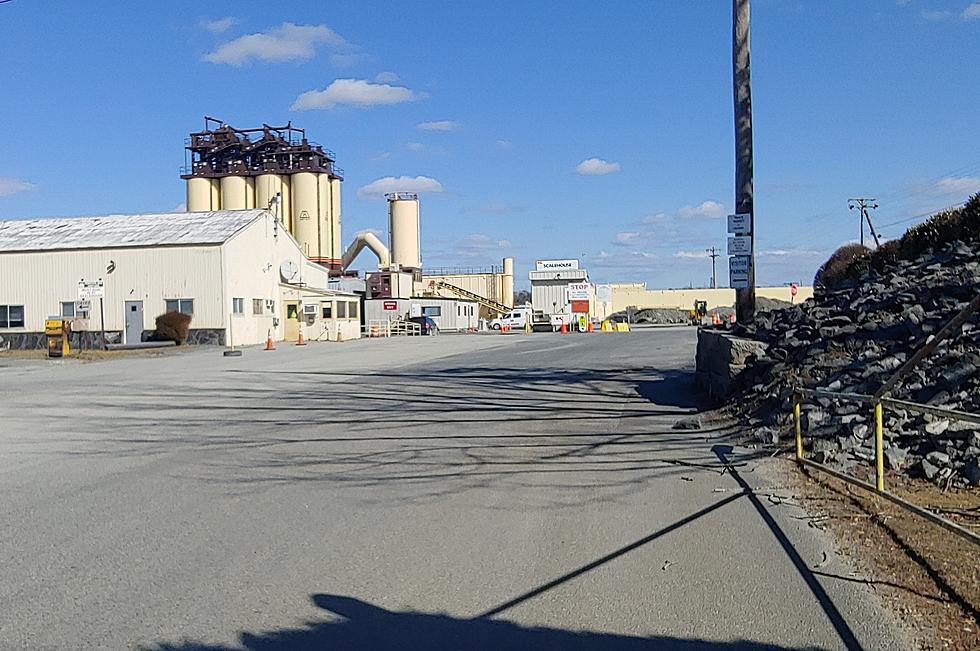
Acushnet Health Board Shuts Down Entire PJ Keating Operation
The Acushnet Board of Health on Aug. 10 shut down all operations at the PJ Keating asphalt and quarry operation citing multiple violations of state, federal, and local permits and regulations.
The board issued its Cease and Desist Order following an investigation by assistant health agent Patrick Hannon, who was hired July 1 to oversee compliance issues at the 72 South Main Street facility. Hannon presented his findings Aug. 13 via Zoom at a special meeting of the Acushnet Soil Board.
Hannon alleged finding wetlands that had been filled without permits, untreated stormwater discharges to the Acushnet River, steep piles of silt and mining waste, harmful dust flying through the neighborhood, overflowing catch basins, illegal disposal of solid waste, wastewater "concrete washout" running into the woods, incursions into priority habitat areas, and changes made without applying for wetlands permits.
Hannon said he conducted site visits, reviewed EPA and MassDEP documents, inspected the property boundary, took drone photographs, and on Aug. 8 conducted a site visit with conservation agent Merilee Kelly.
At the special meeting, Hannon encouraged town officials to impose strict new standards and to require independent oversight of the operation. He said the town has the power to impose stricter regulations than the state’s minimum standards, and that the Conservation Commission can assert "after the fact jurisdiction" over discharges that harmed the Acushnet River and its wetland marshes.
“PJ Keating has been self-reporting, self-inspecting, and self-testing. That needs to end,” Hannon said.
Jonathan R. Olson, president of PJ Keating, stated in a written response that the town through its Board of Selectmen, Soil Board, Board of Health and Conservation Commission "have continued to attempt to severely constrain our ability to operate a business that has been supplying good-paying, union jobs for many decades." Olson said the boards "have unilaterally imposed draconian conditions that have taken away our long-standing rights.”
Olson asserted that closing the JP Keating plant would mean a $30 million hit to the local economy because its products are needed to manufacture "concrete, asphalt pavements, concrete blocks and pavers," and "critical to the construction of roads, bridges, new sewers, and airports, as well as green energy projects.”
The new order from the Board of Health adds to a stop order from the Board of Selectmen relevant to the operation's Soil Removal Permit, as well as wetland enforcement actions from the Conservation Commission. In April, MassDEP shut down Keating's relocated asphalt operations, saying it was not in compliance with permits. That order did not affect Keating's quarry operation.

More From WBSM-AM/AM 1420








![Love Story: A Half-Century of Weddings at Acushnet’s Beloved Century House [PHOTOS]](http://townsquare.media/site/519/files/2024/02/attachment-Untitled-design-2024-02-13T175957.232.jpg?w=980&q=75)
